How do we ensure students are prepared skills for the jobs of tomorrow?
Employers increasingly expect digital literacy and other 21st century skills: communication, collaboration, creative thinking, and problem-solving. This drives the demand for a highly-equipped teaching force with the ability to effectively use technology to personalize instruction and address the needs of every student.
Those were some of the discussions that were vigorously raised during the Bett Asia Leadership Summit on 17-18 November, which brought together senior education leaders, practitioners and industry experts from throughout the region, as well as globally.
Here’s a look at some of highlights:
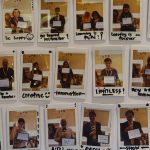
Educators across the Asia Pacific shared their aspirations at Microsoft’s photo booth at Bett Asia.
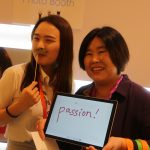
What makes a great educator? Passion is one of the key ingredients.
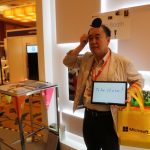
Having the desire to share with both students and other educators is another trait ranked highly.
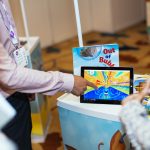
Creating immersive and inclusive learning experiences that inspire lifelong learning is core to our mission. Microsoft’s partners such as Bud-e have developed interactive software such as gamifying the experience of learning to read.
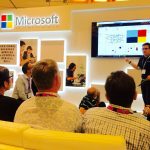
Leverage the power of analytics to predict student drop outs with Microsoft’s Power BI. With our analytics tools, educators can use data to improve outcomes and personalize learning, from giving students timely feedback to helping educators see the impact of particular lessons. We are helping to simplify how educators use data to track a student’s performance, predict a trajectory and pinpoint how and where to intervene with academic support if needed. Technology helps educators take some “time” out of the equation so they can do what they do best: teach.
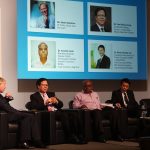
“We need to avoid building education factories as the new workplace needs a different workforce”, said Stefan Sjostrom, vice president, Public Sector, Asia, Microsoft.
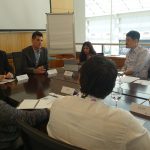
“We will empower educators and students to teach and learn through doing and exploring. Minecraft is one tool that has the power to transform learning on a global scale. By creating a virtual world and then exploring in it, students can simulate the real world. Younger students learn digital citizenship, empathy, social skills and even improve their literacy,” said Anthony Salcito, vice president, Worldwide Education, Microsoft, at a briefing for analysts.
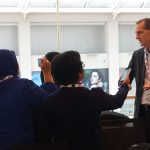
“Emerging markets have the opportunity to leapfrog by learning from other countries,” said Don Carlson, education lead, APAC, Microsoft, talking to reporters on the sidelines of a media roundtable.
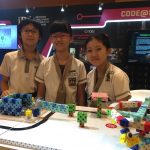
It should be the norm that every school is innovative, driving change & questioning tradition. Students from Fu Hua primary school in Singapore show that it’s never too young to start building toward their coding ambitions.
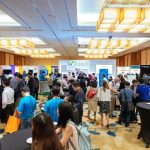
We are committed to helping educators and students create and share in entirely new ways. We’re working with those who share our passion – educators, students, school administrators, global leaders, industry partners – to provide the resources and experiences students need to create, build, collaborate, research and analyze. Together, we can build the literacy and problem solving skills they need to succeed today and tomorrow.






